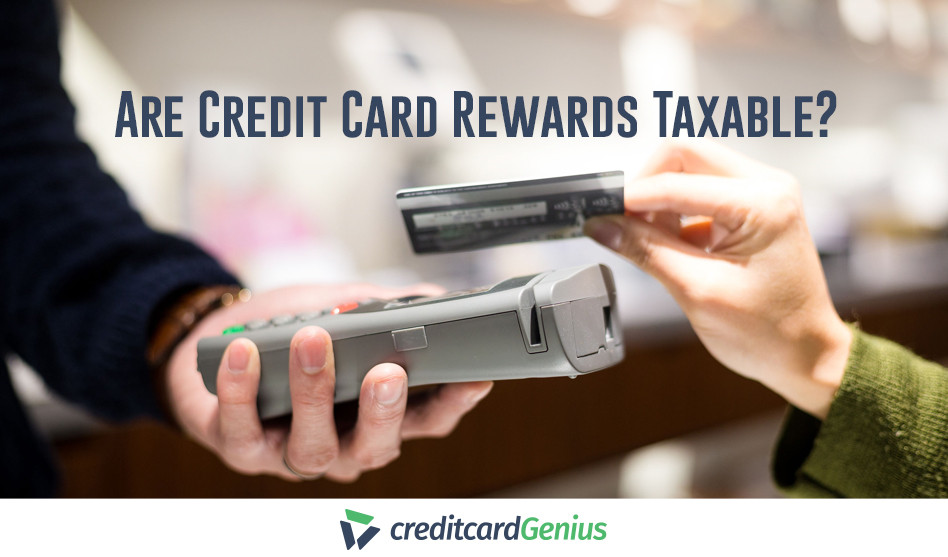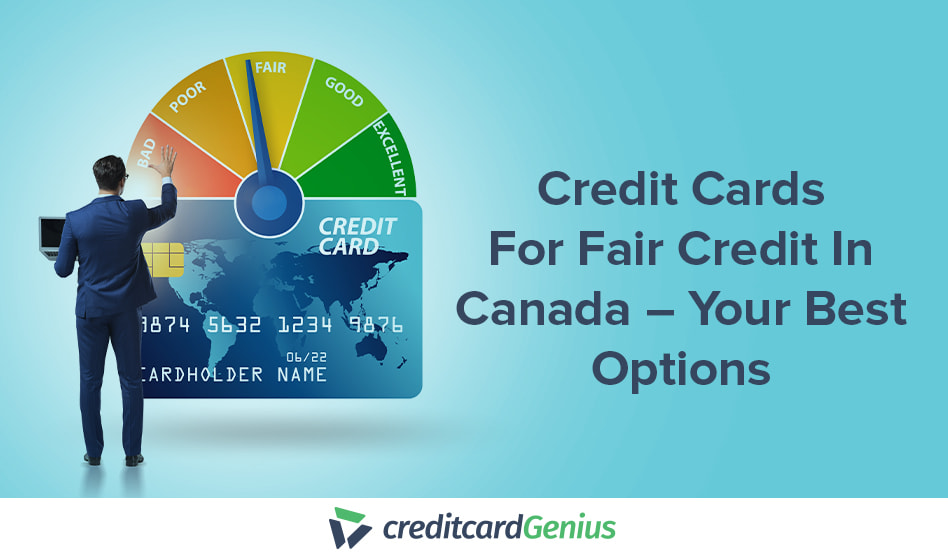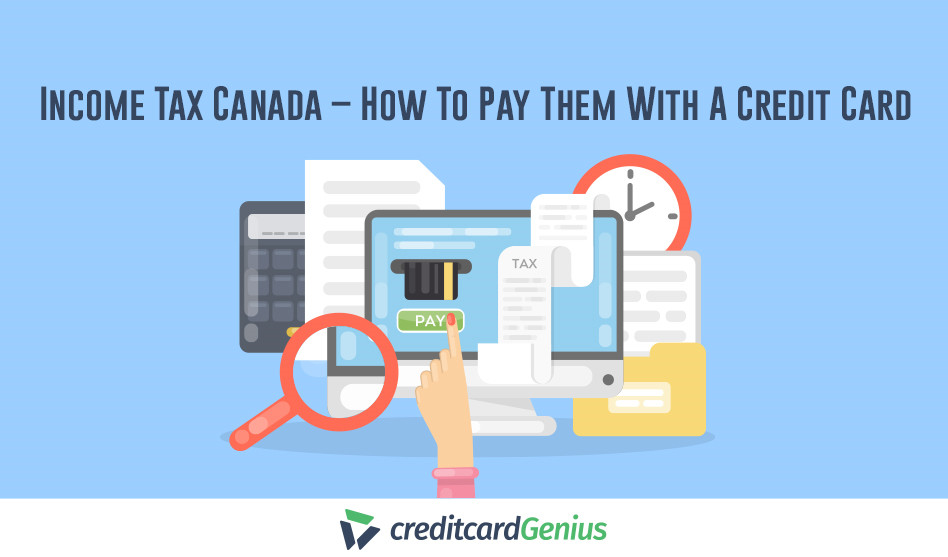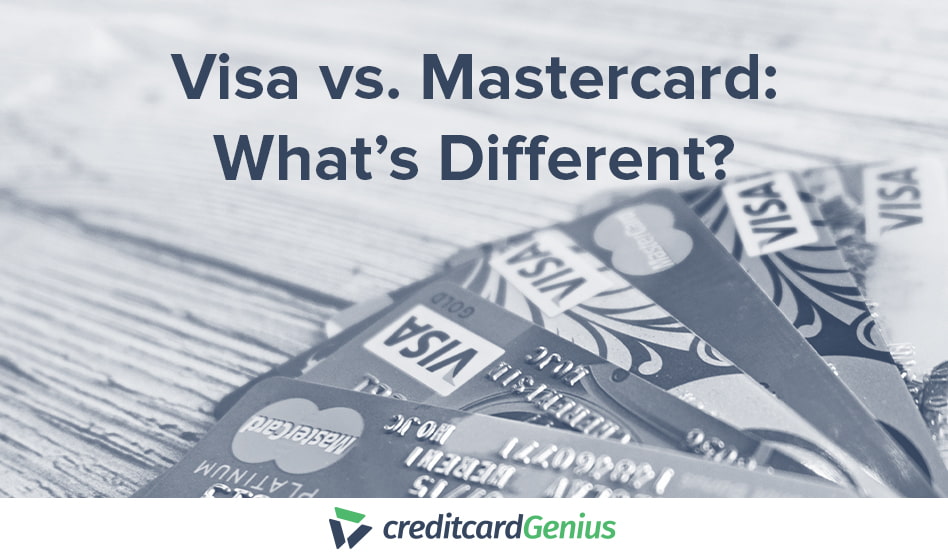Tax season is coming up, which means CRA (Canada Revenue Agency) payment deadlines are soon to follow. You may be wondering what the easiest way to pay your income tax is – and whether it’s possible to use your credit card to do so.
Canadians can pay taxes using their credit cards, but it may not be the best option for you.
Key Takeaways
- You can pay income tax with a credit card by using PaySimply or Plastiq.
- These third-party services charge a 2.49% payment fee.
- It’s generally not worth it to pay your taxes with a credit card.
Never miss an amazing deal again + get our bonus 250+ page eBook for FREE. Join 50,000 other Canadians who receive our weekly newsletter – learn more.
Can you pay for taxes with a credit card?
While you can’t pay the CRA directly with your credit card, there are third-party services that allow you to pay bills with your credit card – even tax bills.
The CRA officially recognizes two third-party payment providers on their website, PaySimply and Plastiq, so you don’t have to worry about their legitimacy.
These services allow you to pay your taxes with a credit card, which allows you to earn points and rewards by paying the CRA. That said, PaySimply and Plastiq both charge a 2.49% fee for this service, which can easily eclipse the value you gain from your card’s rewards. And since the payment would count as the "everything else" spend category of your credit card, it’s extremely unlikely that your rewards value would be worth that fee.
There’s also the problem of paying debt off using another form of debt; if you don’t pay off your credit card in full by the due date, the incoming interest can make a mess of your financial situation. Essentially, it means you’ll be paying an average of 20% interest on your taxes until you pay your credit card balance off.
Pros and cons of paying income tax with a credit card
If you’re still unsure on whether you want to pay your tax with a credit card, here’s a breakdown of the main advantages and disadvantages.
Pros:
- Earn rewards or points on your card
- Convenient
- Can help you keep all your expenses in one place
Cons:
- 2.49% payment fee offsets any rewards you might earn
- Paying debt with debt generally not a good idea
- Processing times can vary
- More likely to incur unwanted interest
Overall, you’re probably better off paying your income tax with another method – like directly withdrawing the funds from your bank account. The few advantages of using a credit card can’t make up for the payment method’s clear downsides.
The CRA does not endorse credit card payments
While it’s possible to pay your taxes with a credit card using roundabout means, it’s important to note that the CRA doesn’t officially endorse PaySimply or Plastiq. You can still use them at your discretion, but the CRA will not be held accountable if anything goes wrong with your payment.
FAQ
Can I pay my Canadian taxes with a credit card?
Yes, you can use a third-party service to pay your taxes with a credit card – but it isn’t advisable. These services charge hefty fees, offsetting any rewards you earn with your credit card payment.
Which credit card is best to pay taxes?
Credit cards with high base earn rates are the best bet to pay your taxes. Our top pick would be the SimplyCash® Preferred Card from American Express for its 2% cash back on all purchases, though it still won’t make up for the 2.49% payment fee required to use your credit card.
How do I pay my taxes to the CRA?
There are tons of ways to pay the CRA, including with a debit card, cheque, wire transfer, direct payment from your bank account, or even with cash at a Canada Post retail location. You can also pay your taxes with a credit card using a third-party service like PaySimply or Plastiq.
creditcardGenius is the only tool that compares 126+ features of 228 Canadian credit cards using math-based ratings and rankings that respond to your needs, instantly. Take our quiz and see which of Canada's 228 cards is for you.









 GC:
GC: 


































Comments
Leave a comment
Required fields are marked with *. Your email address will not be published.